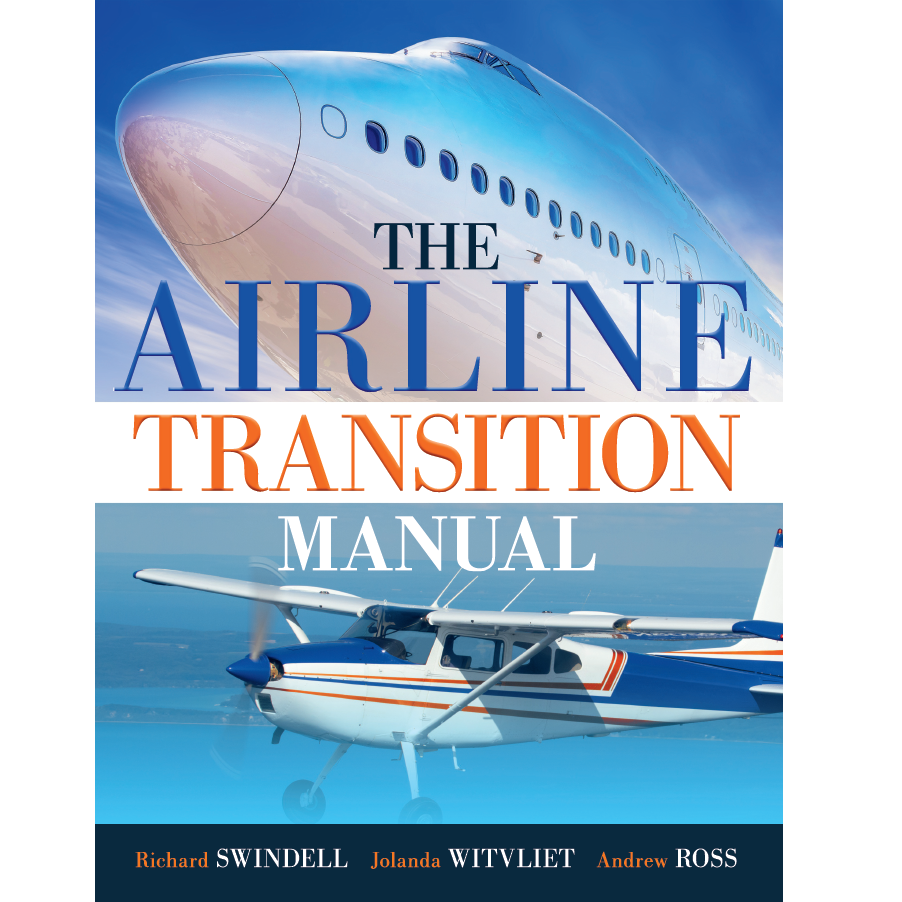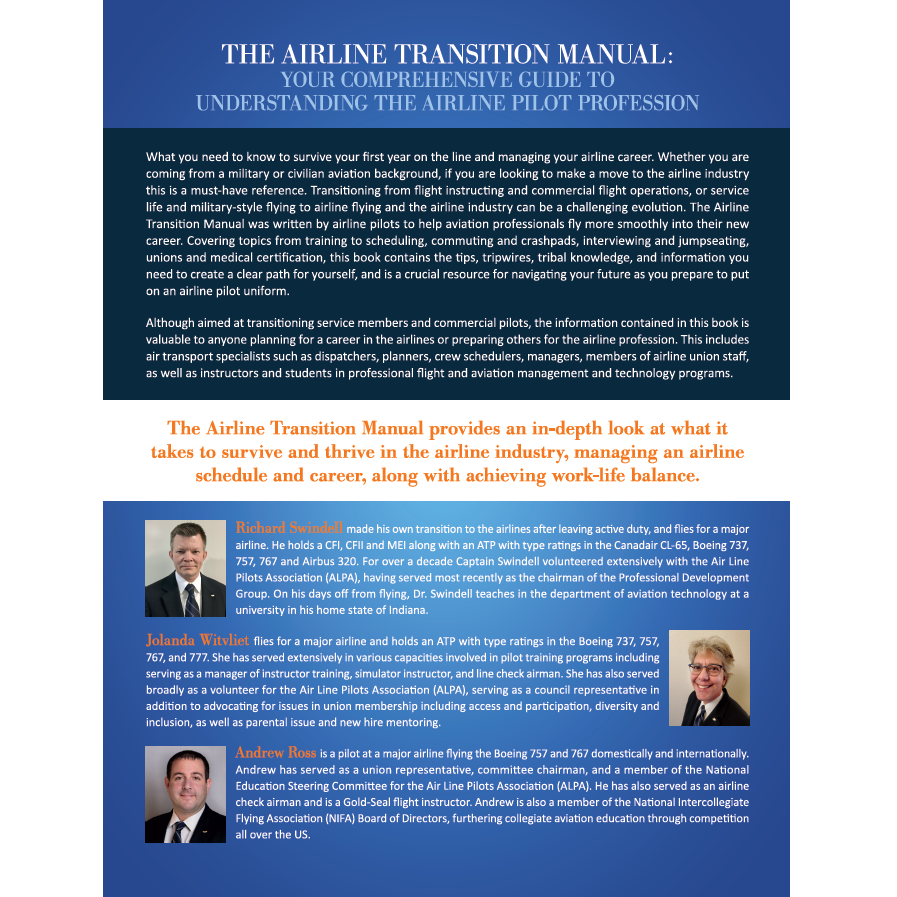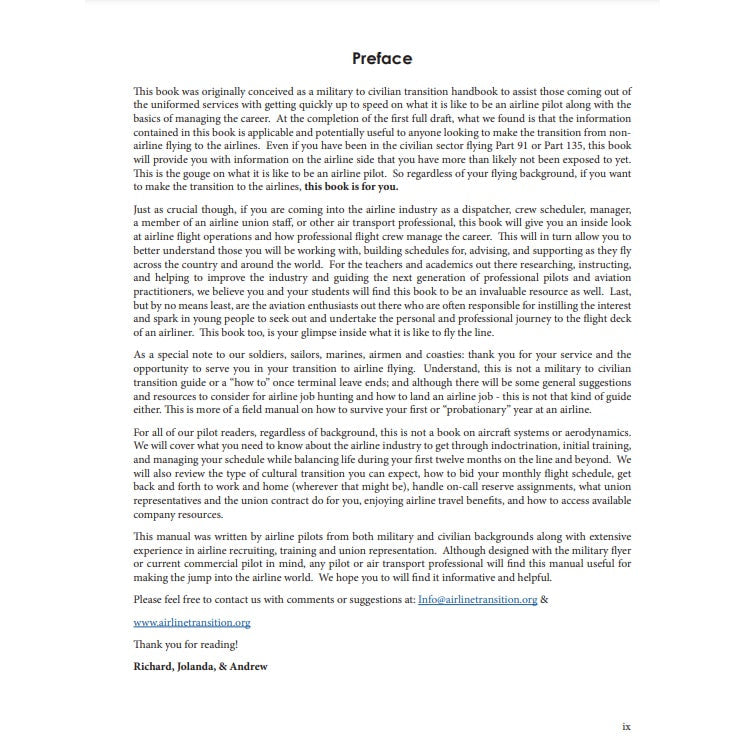Menu
You have no recently viewed items.
Product Catalog
Product Catalog
Product Catalog
Product Catalog
Product Catalog
Product Catalog
Product Catalog
Aircraft Supplies
Aircraft Supplies
Aircraft Supplies
Aircraft Supplies
Apparel
Apparel
Pilot Uniforms
Aviation Headsets | Accessories
Aviation Headsets | Accessories
Flight Bags | Bags | Kneeboards
Flight Training | Books
Flight Training | Books
Flight Training | Books
Flight Training | Books
Flight Training | Books
Flight Training | Books
Flight Training | Books
Flight Training | Books
Flight Training | Books
Flight Training | Books
Flight Training | Books
Flight Training | Books
Flight Training | Books
Flight Training | Books
Flight Training | Books
Flight Training | Books
Flight Training | Books
Home | Office | Decor
Home | Office | Decor
Kids | Toys | Models
Kids | Toys | Models
Kids | Toys | Models
Account
Login
-
Product CatalogAdhesives | SealantsAnti-CorrosionCleaning ChemicalsDegreasersFuel AdditivesGreaseLubricantsOil AdditivesPenetrating OilsRust RemoverWindow | Glass CleanersChart OrganizationFAA VFR Sectional ChartsFAA VFR Terminal Area ChartsFAA Chart SupplementsFAA IFR Low Altitude ChartsFAA IFR High Altitude ChartsFAA IFR Terminal Procedures PublicationsFAA Helicopter ChartsFAA VFR & IFR Planning ChartsOther ChartsBag AccessoriesDuffel BagsKit BagsLaptop BagsLuggagePouch BagsPursesRipstop BagsShoulder BagsStow BagsToiletry BagsAircraft Supplies Cleaning ChemicalsEngine OilLubricants | Penetrating OilsPolishSolventsWindow | Glass CleanersWipes | RagsAircraft Supplies Diesel Engine OilPiston Engine OilTurbine Engine OilOil AdditivesOil FiltersOil Change ToolsSafety WireApparel Children's SweatshirtsCrew Style SweatshirtsFlight JacketsJacketsHood Style SweatshirtsZip-up SweatshirtsApparel Children's T-ShirtsMen's Short Sleeve T-ShirtsMen's Long Sleeve T-ShirtsMen's Tank TopsWomen's Short Sleeve T-ShirtsWomen's Long Sleeve T-ShirtsWomen's Tank TopsPilot Uniforms Men's Short Sleeve Pilot ShirtsMen's Long Sleeve Pilot ShirtsWomen's Short Sleeve Pilot ShirtsWomen's Long Sleeve Pilot ShirtsAero Phoenix Men's Elite ShirtsAero Phoenix Men's Professional ShirtsAero Phoenix Women's Elite ShirtsAero Phoenix Women's Professional ShirtsFlight Training | Books ACS | PTSAircraft SystemsAirports | FBOsBeyond TrainingBuying | Owning AircraftChildren's BooksFAA PublicationsGeneral TitlesKnowledge Test PrepsMedicalOral Exam GuidesPractical Test PrepsProfessional DevelopmentProfessional PilotFlight SimulatorsTextbooksASA Books | VideosGleim Books | VideosJeppesen Books | VideosAll Books | VideosFlight Training | Books Aircraft LogbooksAMT LogbooksLogbook CasesPilot LogbooksOther Record KeepingFlight Training | Books FAA PublicationsFlight PlanningKnowledge Test PrepPractical Test PrepPre-SoloTextbooksTraining KitsTraining ToolsASAGleimJeppesenAll Sport Pilot SuppliesFlight Training | Books FAA PublicationsFlight PlanningKnowledge Test PrepPractical Test PrepPre-SoloTextbooksTraining KitsTraining ToolsASAGleimJeppesenAll Private Pilot SuppliesFlight Training | Books FAA PublicationsFlight PlanningKnowledge Test PrepPractical Test PrepTextbooksTraining KitsTraining ToolsASAGleimJeppesenAll Instrument Rating SuppliesFlight Training | Books FAA PublicationsFlight PlanningKnowledge Test PrepPractical Test PrepTextbooksASAGleimJeppesenAll Commercial Pilot SuppliesFlight Training | Books FAA PublicationsPractical Test PrepsTextbooksASAJeppesenAll Multi-Engine Pilot SuppliesFlight Training | Books FAA PublicationsKnowledge Test PrepsPractical Test PrepsTextbooksTraining ToolsASAGleimJeppesenAll CFI SuppliesFlight Training | Books FAA PublicationsKnowledge Test PrepsPractical Test PrepsTextbooksTraining ToolsASAGleimAll CFII SuppliesFlight Training | Books Professional DevelopmentFAA PublicationsKnowledge Test PrepPractical Test PrepTextbooksASAGleimAll Airline Transport Pilot SuppliesFlight Training | Books FAA PublicationsGeneral MechanicAirframe MechanicPowerplant MechanicKnowledge Test PrepPractical Test PrepTextbooksASAJeppesenAll Mechanic Training SuppliesFlight Training | Books FAA PublicationsKnowledge Test PrepPractical Test PrepTextbooksASAAll Dispatcher SuppliesFlight Training | Books FAA PublicationsKnowledge Test PrepsPractical Test PrepsTextbooksOther Remote Pilot SuppliesASAGleimAll Remote Pilot SuppliesFlight Training | Books FAA Publications HelicopterPractical Test Preps HelicopterTextbooks HelicopterASAAll Helicopter SuppliesFlight Training | Books AerobaticsAircraft Specific TrainingBackcountry FlyingBalloonFAA Publications | HandbooksGliderMountain FlyingPowered ParachuteRetractable GearRisk ManagementSeaplane | SkiplaneTailwheelTurbine AircraftOther TrainingKids | Toys | Models Bath ToysBuilding BlocksDiecastsInflatablesPlaysetsPlush | Stuffed AnimalsPullback ToysToy SoldiersToy VehiclesOther ToysKids | Toys | Models 100 Piece Puzzles200 Piece Puzzles300 Piece Puzzles500 Piece Puzzles550 Piece Puzzles1000 Piece Puzzles2000 Piece PuzzlesProduct Catalog
-
Aircraft Parts
-
CollectionsCollections
-
Aero PhoenixAeroShellAircraft Specialties LubricantsAircraft Technical Book CompanyAirGizmosAlcorAll KleerAviation LaboratoriesAviation PressAviation Supplies & Academics (ASA)Barnstormer USABoeingBorn AviationBoseBrillianizeCeleste IndustriesChampion AerospaceCheckmate AviationCompleat TaildraggerCorsair CafeCraftmadeDaansen USADaron Worldwide TradingDavid Clark CompanyDesperate EnterprisesEnergizerEurographicsFaro AviationFederal Aviation AdministrationForbes Aviation ProductsGladstone MediaGleim AviationGoodyearInnoquest IncITW Pro BrandsJeppesenJPI InstrumentsKano LaboratoriesLear ChemicalLightspeed AviationLuso AviationMalin CoMet-All IndustriesMighty ToyMillennium OutdoorsMinicraft ModelsMyClipOil Filter BibOld World ChristmasPhillips 66 AviationPlaytekPlexusPrecision AviationPuzzled IncRAM MountsRed Canoe BrandsRed FabRod MachadoRoyal Brush Manufacturing IncSafeway Aviation ProductsSimple GreenSontara® AerospaceScully LeatherSuperior Valve CoTempest PlusThe GATS JarThe Pilot PocketThe Tie ThingTrintec IndustriesUnipak DesignsUnivar SolutionsUnknown BrandsUpfront Creative DesignsVATH PublishingVintage Sign CoWarbird Pinup GirlsWing Aero ProductsWorldwide Filters
Shop By Brand
Shop By BrandShop By Brand -
Browsing History
You have no recently viewed items.
-
Clearance
- Wholesale Inquiry
- (812) 625-4552







